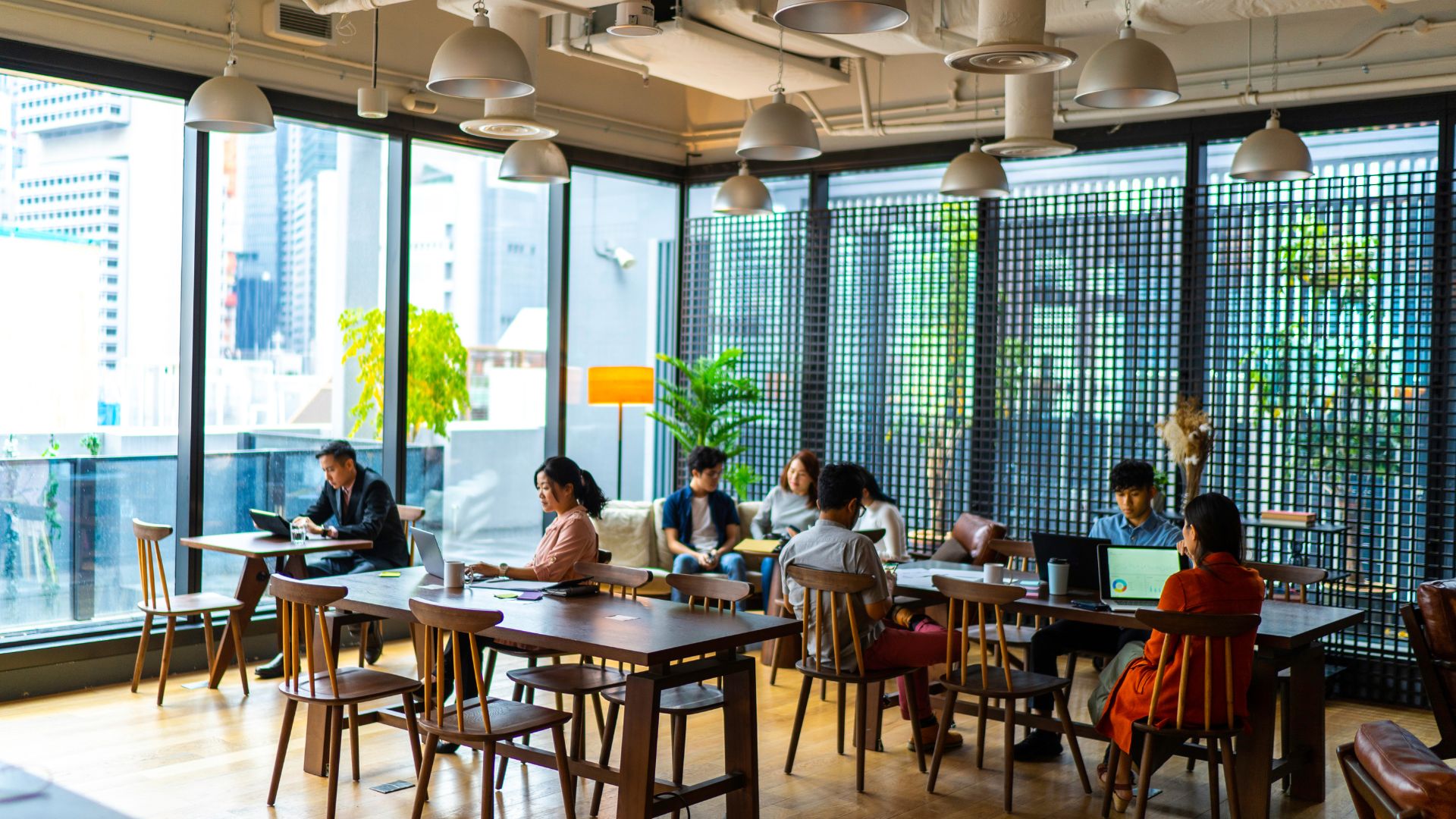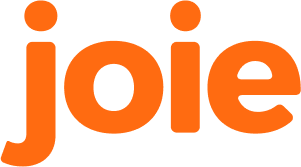Balancing Books and Beans: Evaluating Remote Work Culture in Your Café

The rise of remote work has transformed many cafés into de facto coworking spaces. As a café owner, understanding and evaluating this trend is crucial for both business operations and community building. Here’s how you can assess the impact of remote workers on your establishment.
Quantitative Metrics to Track
First, consider measuring concrete data points:
- Average customer dwell time during different periods
- Table turnover rates during peak hours
- Per-customer revenue (including refills and food orders)
- Power outlet and WiFi usage patterns
- Peak occupancy times and duration
- Sales distribution between grab-and-go versus dine-in customers
Space Utilization Patterns
Observe how your space is being used:
- Single customers occupying four-person tables
- Peak usage of power outlets and preferred seating areas
- Formation of informal regular customer groups
- Balance between social gatherings and solo workers
- Impact on ambiance and noise levels
Revenue Impact Assessment
Track how remote workers affect your bottom line:
- Hourly revenue compared to table occupancy
- Food attachment rates for long-stay customers
- Impact on peak hour availability for other customers
- Additional utility costs from increased power and internet usage
- Potential revenue from implementing specific remote worker packages
Community and Atmosphere Considerations
Consider the intangible aspects:
- Overall café atmosphere and vibe
- Impact on your desired brand positioning
- Role as a community gathering space
- Regular customer relationships and loyalty
- Word-of-mouth marketing from consistent presence
Practical Management Approaches
Based on your evaluation, you might consider:
- Designing specific zones for different types of customers
- Implementing time-limited WiFi or minimum purchase requirements
- Creating remote worker packages with included benefits
- Adjusting table layouts and power outlet availability
- Developing peak-hour policies to ensure table turnover
Long-term Strategic Implications
Think about the broader impact on your business:
- Positioning in the local market
- Potential for expanding services or space
- Balance between different customer segments
- Infrastructure investments needed
- Staffing adjustments to support different usage patterns
By systematically evaluating these aspects, café owners can make informed decisions about how to adapt their spaces and business models to the growing remote work culture while maintaining a vibrant and profitable establishment.
The key is finding the right balance between accommodating remote workers and maintaining the core café experience for all customers.
The most successful approaches often involve creating clear policies based on data while maintaining flexibility to adapt to changing community needs. Remote workers can become valuable regular customers and community members when their presence is thoughtfully integrated into the café’s overall business strategy.
Remember that every café’s situation is unique, and what works in one location may not work in another. Regular evaluation and adjustment of your approach will help ensure your café remains both welcoming and profitable in the evolving landscape of remote work.
#WorkFromAnywhere #DigitalNomads #WorkLifeBalance #RemoteWorking #CoffeeLover #Cafehopping #MentalHealthMatters #WorkplaceCulture #CoworkingCommunity #FlexibleWorkspace #WorkspaceGoals #CommunityFirst #HybridWork #ProductiveSpaces #LocalCommunity #ThirdWorkplace #ThirdPlace #WorkFromCafe #CoffeeAndWork #StudySpot #LaptopLifestyle #WorkAndCoffee#CoffeeShopCorner #CafeVibes #NYCCafe #NYCCoffee #RemoteOffice #WorkspaceInspo #unreasonableworkplaces #Joie
Related Blogs
Workplace Optimization: The Elon Musk Model of Organizational Agility
Reimagining Workplace Strategy in an Era of Radical Efficiency In an economic landscape demanding unprecedented operational excellence, forward-thinking leaders are rewriting the rules of workplace management. The playbook? A strategic approach that combines ruthless...
Reimagining Workplaces: The Role of Third Workplaces in the Future of Work
As we navigate 2025, the workplace is undergoing a seismic transformation. From hybrid work models to AI-driven collaboration tools, organizations are rethinking how and where work gets done. A key concept driving this evolution is treating *work as a product*, as...
Beyond Coworking: Your Ticket to Work Freedom
Let's be honest: coworking spaces are just glorified office cubicles with better lighting and more overpriced coffee. Who needs another monthly subscription that's essentially a rent-a-desk experience? Not you. Welcome to the liberation of work mobility—where your...



